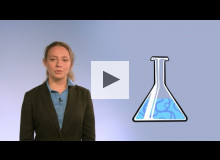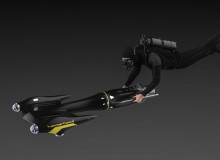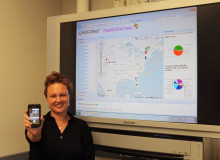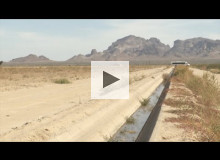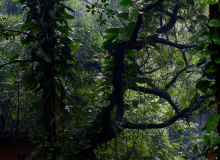Technology
George Washington University
Bacteria can detect, quantify, and remove dangerous chemicals from the environment at a cheaper and faster rate than other technologies, making it ideal for superfund sites, and low-income countries.
Northwestern University
Drawn together like a pair of subatomic particles of opposite charge, scientist duo Chanel La and Chris Tonge are making discoveries in medicine and energy-efficient technology, Brittany Edelmann reports.
University of Rhode Island
Inspired by 360-degree cameras utilized by Google Street view, the Ocean Agency developed the Hammerhead Camera, a similar camera designed to be used in an underwater environment, according to Richard Vevers, Ocean Agency founder and CEO.
Planet Forward Correspondent | SUNY-Plattsburgh
Dr. Danielle Garneau, wildlife ecologist, is an attentive driver. The serpentine roads of upstate New York, which she drives along daily, are trafficked with possible hazards –– but what she's really scouting for is roadkill.
Planet Forward Correspondent | Arizona State University
According to N-Drip’s Chief Sustainability Officer, Seth Siegel, their technology brings a new irrigation system that could help save 50% of the water used in Arizona’s agriculture.
.jpg%3Fitok=0feISmxB)
(Terry Goss/Wikimedia Commons https://commons.wikimedia.org/wiki/File:White_shark.jpg)
George Washington University
Marine scientists are using information collected by everyday people to monitor sharks in the face of climate change.
Northwestern University
Emily Little and Marisa Sloan report on the work Fermilab is doing, exploring quantum computing as a means of sustainability research.
SUNY Plattsburgh
SUNY Plattsburgh professor Curt Gervich interviewed six environmental science and studies students to find out how they are adapting to college life in the time of COVID-19 — and what we can learn from their experiences.
Planet Forward Senior Correspondent
Here are five easy, innovative, and free ways that students can reduce their impact on the environment right now, by using the technology that is at their fingertips.
The George Washington University
Through the GW Innovation Center, nine GW students are partnering with the Jane Goodall Institute to create the Virtual Jane Project, showcasing Goodall's life and empowering others to use technology for social good.

